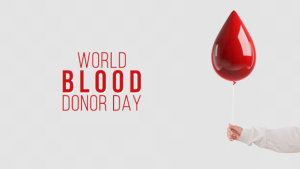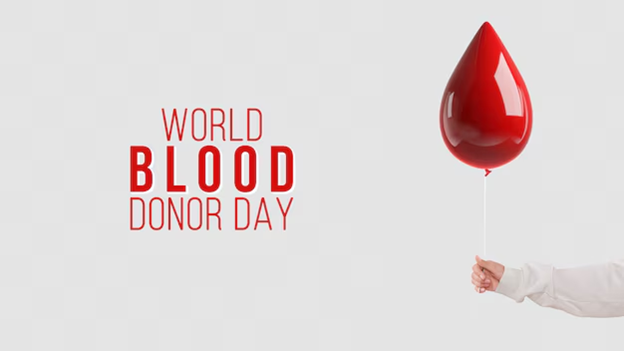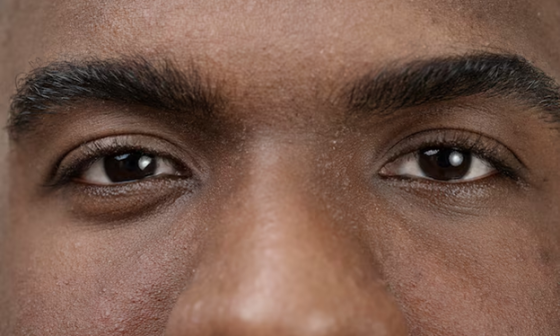Yearly on World Blood Donor Day, the world honors the power of voluntary blood donation and the innumerable lives it saves each year. The theme for this year is “20 Years of Celebrating Giving: Thank You Blood Donors!” It was chosen to honour the significant influence that blood donation has had on the lives of both donors and patients and to mark the 20th anniversary.

Source: FreePik
At Wellahealth, we remain committed to celebrating days such as World Blood Donor Day because we understand the benefits of blood donation to humans. Blood donation remains an easy yet effective method to support those in need. Read our article to understand the history of blood donation, the types of blood donors and blood types available, universal donors, and the overall benefits for blood donors.
In this article, we will discuss how you can become a blood donor and the basic requirements for blood donation.
What are blood donor requirements?
To safely donate blood, blood donors must fulfil the following general requirements:
- Age: The legal age to donate blood in Nigeria is from 17-65 years.
- Weight: A minimum of 110 pounds (50 kg) or more is required.
- Health: On the day of donation, you must be in good health and feel well. Donating is not possible if you have the flu, a sore throat, a cold, or any other ailment. You might not be eligible to donate if you have had certain recent operations or medical issues.
- Blood or Disease History: If you have a history of any blood-borne illnesses, including HIV, hepatitis B, or hepatitis C, you might not be able to donate.
- Lifestyle: Recent piercings, tattoos, or dangerous (unprotected) sexual activity may raise questions. Deferral times of about 3-6 months may be relevant in particular circumstances.
How is blood donation done?
Generally speaking, the blood donation process is simple and takes about an hour. Here’s all you need to know:
- Make a choice: You would need to select a hospital or clinic close to you. In the health facility make enquiries about blood donation and request that you would love to donate blood.
- Fill forms: A registration form or biodata form will be filled, providing basic details and responding to inquiries regarding your health background.
- Mini-physical Examination: Your blood pressure, temperature, and haemoglobin levels will be measured by a medical practitioner.
- Donating Blood: A trained technician/scientist will take your blood in a sterile bag while you are comfortably seated. The technician will inject a needle into your vein. This should take less than ten minutes.
- Refreshments: As with most voluntary donors you will be given refreshments to assist you in replacing fluids after donating. Drink plenty of water during the next several hours. To learn about other types of donors read about them here.
Conclusion
To conclude, we encourage all healthy Nigerians to develop a culture of regular donations because blood has a limited shelf life of 120 days, and donors are always needed. Think about establishing blood donation as a routine. The majority of fit adults can give blood every 56 days, or eight weeks.
Donating blood has the power to truly change someone’s life. Recall that one blood donation might benefit up to three underprivileged individuals! Become a hero today!
Dr Ifeoma M. Uduh






